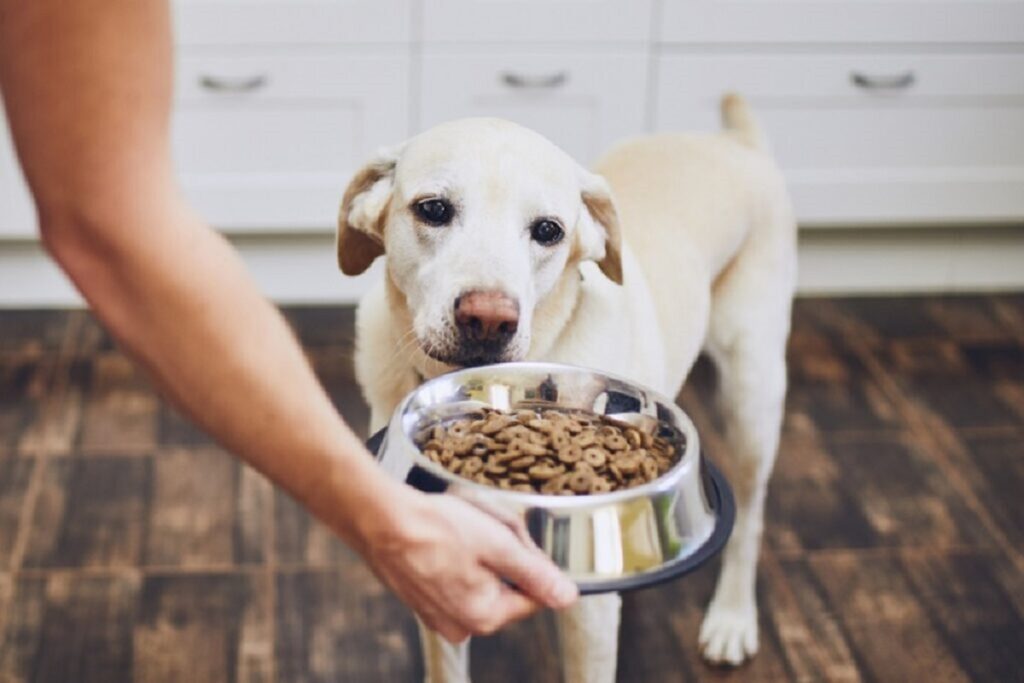In recent times, a new trend has been gaining popularity among dog owners, raising concerns within the veterinary community. While pet owners often look for ways to enhance their dogs’ health and well-being, some practices can inadvertently cause harm. One such practice has been flagged by veterinarians who urge caution and a return to more traditional methods of pet care.
The Trend in Question
The practice in question involves feeding dogs a raw food diet. Advocates claim that a raw diet, which includes uncooked meat, bones, fruits, and vegetables, can offer numerous health benefits for dogs, such as shinier coats, cleaner teeth, and more energy. However, this trend has sparked a heated debate among experts.
Expert Warnings and Concerns
Veterinarians warn that raw food diets can pose significant risks to both dogs and their owners. Dr. Emily Johnson, a well-respected veterinarian, highlights several concerns associated with this practice. One major issue is the potential for bacterial contamination. Raw meat can harbor harmful bacteria such as Salmonella and E. coli, which can cause serious illness in dogs. These pathogens can also be transmitted to humans, posing a health risk to everyone in the household.
I recall a friend who switched her dog to a raw diet, believing it would improve her pet’s health. Unfortunately, her dog developed a severe gastrointestinal infection, leading to an emergency vet visit. This experience underscores the potential dangers of this trendy practice.
Nutritional Imbalances
Another concern is the risk of nutritional imbalances. A raw diet may not provide all the essential nutrients that dogs need to thrive. Unlike commercial dog food, which is formulated to meet strict nutritional standards, a homemade raw diet can easily fall short. This can lead to deficiencies or excesses in certain nutrients, which can have long-term health consequences for pets.

Safe Alternatives
Dr. Johnson recommends sticking to high-quality commercial dog food that meets established nutritional guidelines. These products are specifically designed to provide a balanced diet, ensuring that dogs receive all the necessary vitamins and minerals. For pet owners who prefer a more natural approach, she suggests incorporating safe, cooked foods into their dogs’ diets as a supplement rather than a replacement.
Personal Experiences and Anecdotes
As a dog owner myself, I understand the desire to provide the best for our furry friends. My Labrador, Max, once had issues with his coat and digestion. After consulting with our vet, we switched to a premium commercial dog food that worked wonders for him. It’s essential to rely on expert advice and evidence-based practices when it comes to our pets’ health.
Conclusion
While the idea of a raw food diet for dogs might seem appealing, it’s important to consider the potential risks and consult with a veterinarian before making any significant changes to your pet’s diet. Veterinarians like Dr. Johnson advocate for balanced, nutritionally complete diets that ensure the long-term health and well-being of our beloved pets. By making informed decisions, we can keep our dogs healthy and happy without falling prey to potentially harmful trends.






